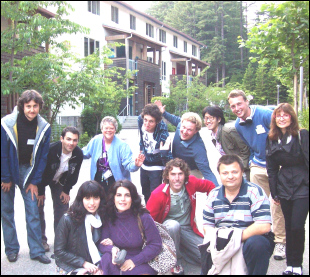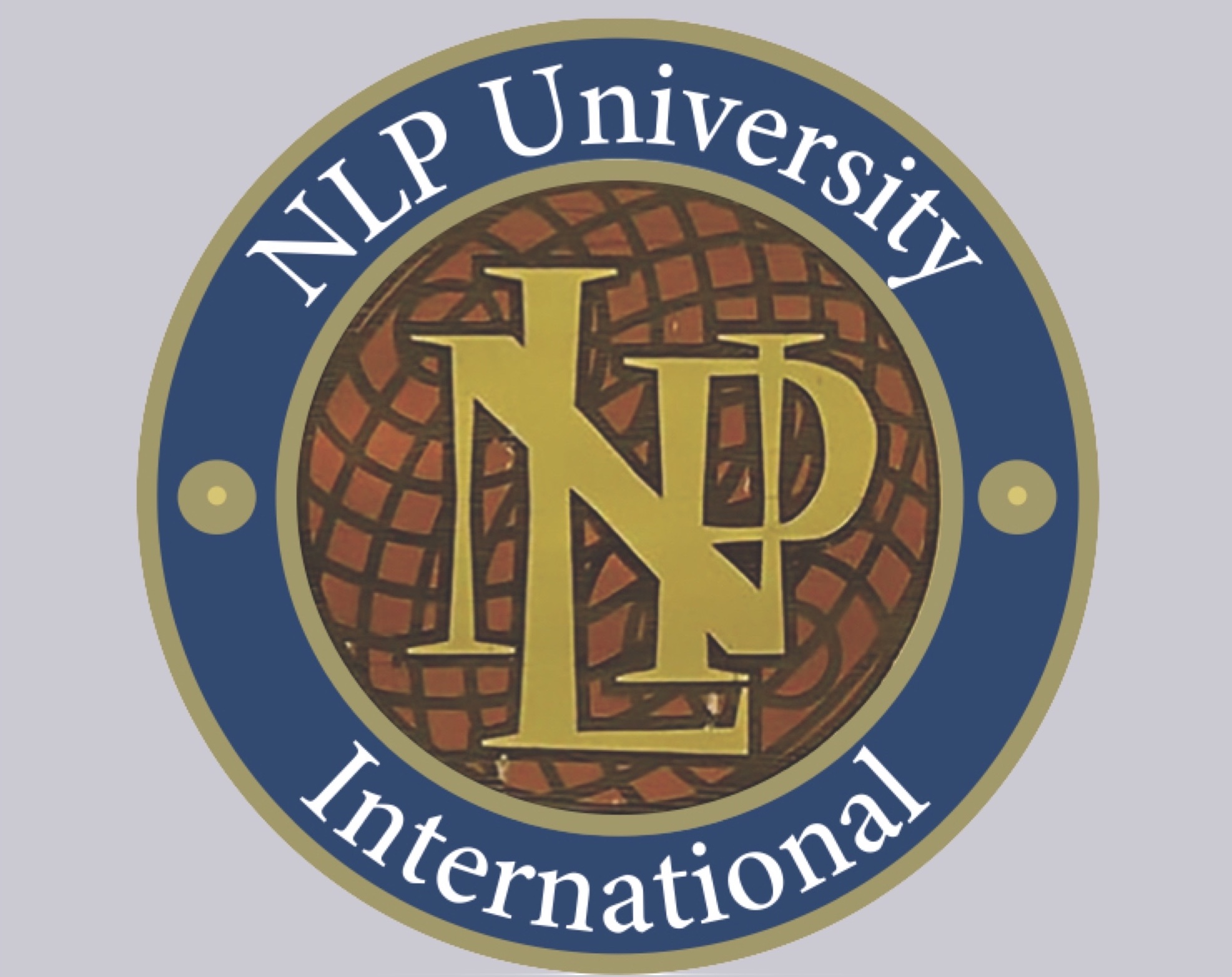NLP Trainer and Consultancy Certification
NLPU 400
NLPU 200 or Equivalent

The NLP Trainer and Consultancy Certification Program offers one of the most unique and valuable experiences available for advanced practitioners of NLP. The program is oriented around helping individuals explore the multiple levels involved in training - the what, how, why and who. A core element of the training is to create a context in which participants can discover and communicate their missions and visions related to training.
For individuals to learn effectively, learning material must be anchored to personal reference experiences and then directed to specific objectives and results. Thus, the basic goals of all training are to (1) establish and (2) activate patterns or programs within the nervous system of the learner.
This involves two fundamental interactions between instructor and learner:
Interaction 1.
Instructor: Delivering Cognitive Packages
Learner: Widening Perceptual Maps
Interaction 2.
Instructor: Activating Reference Experiences for Cognitive Maps
Learner: Connecting Reference Experiences to Cognitive Maps
The underlying meta methodology of NLP based training revolves around a T.O.T.E. involving the setting of learning goals, the establishment of evidences relating to the achievement of those learning goals, and the definition of the kinds of operations, on the part of both the instructor and learner, required to reach the learning goals.
The purpose of the course is to provide NLP trainers with 1) a cognitive structure and rationale for how to design effective courses and develop the appropriate support material and communications strategy to support that course and 2) skills and strategies for managing the interactive and relational aspects of the learning context.
The main emphasis of the program will be on the application of these skills and strategies to facilitate the essential activities of a trainer. Among these are:
1. Establishing a framework for the process of learning from both the learner and instructor perspectives.
2. Developing strategies to:
4. Planning and realizing the design of a particular training path and/or seminars, possibly through the modeling of "content experts" (directly with the "models" or indirectly).
5. Transferring and installing specific skills pertaining to the subject matter.
6. Anticipating and managing problems and interferences with courses.
A key element of the course relates to the design of effective assessment instruments and activities and the skills and strategies necessary for managing the assessment process. These skills, strategies and abilities include:
The successful completion of this course qualifies NLP trainers to participate in the assessment. Upon passing the assessment, participants are listed on NLPU.com in the NLP Global Trainer and Consultancy Community network.
Register Now
P.O. Box 1112
Ben Lomond, CA 95005
Phone: (831) 336-3457
Email: teresanlp@aol.com
